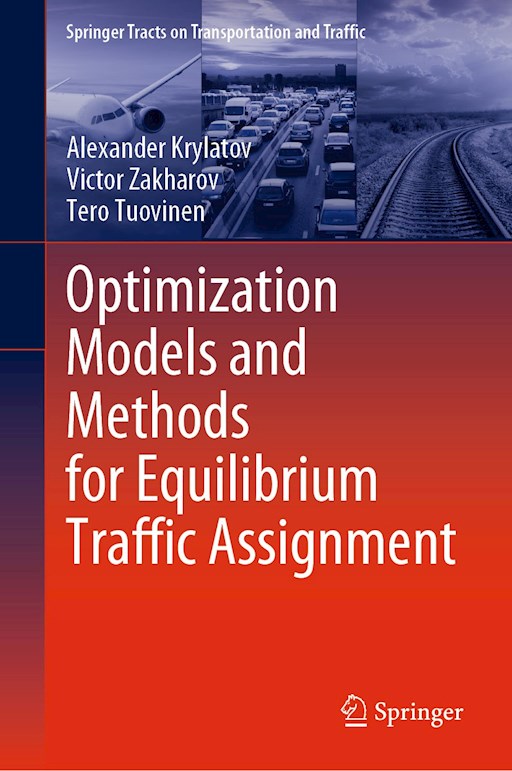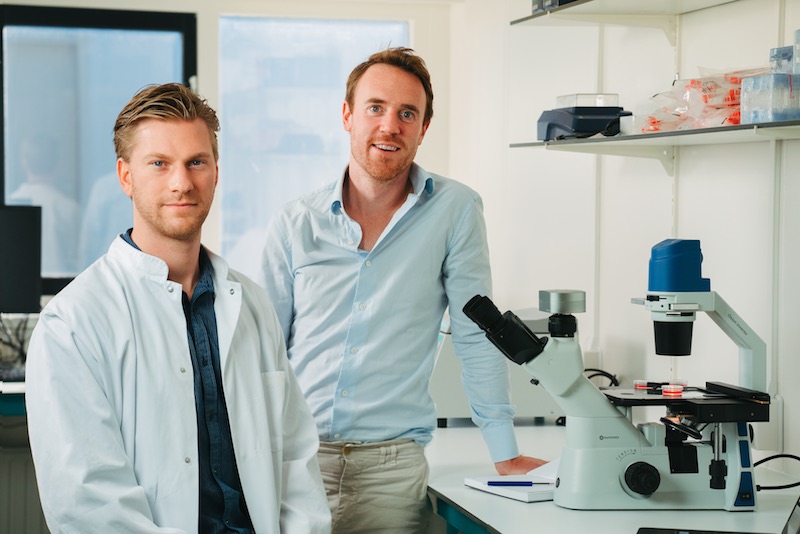Most traffic jams are unnecessary, and this deeply irks mathematicians who specialize in traffic flow. They reserve particular vitriol for local transport engineers. “They do not have competencies in the field of system-related increases in traffic performance,” says Alexander Krylatov, a mathematics professor at St. Petersburg University. “If engineers manage to achieve local improvements, after a while, the flows rearrange and the same traffic jams appear in other places.”
Krylatov would like to solve urban traffic jams forever, so much so that he has co-authored a book of new math approaches to traffic and ways to implement them. Four takeaways:
- All drivers need to be on the same navigation system. Cars can only be efficiently rerouted if instructions come from one center hub. One navigation system rerouting some drivers does not solve traffic jams.
- Parking bans. Many urban roads are too narrow and cannot be physically widened. Traffic-flow models can indicate where parking spots should be turned into lanes.
- Green lanes. For cities that want to increase electric car use, special lanes should be created for electric cars, providing an incentive for their use.
- Digital twins. Traffic demands and available infrastructure can only be balanced with digital modeling that creates an entire “twin” of existing roadways. The software will be “an extremely useful thought tool in the hands of transport engineers.”
Traffic modeling is a complex branch of applied mathematics, partially because it assumes that drivers are selfish and pursuing their own goals, rather than any predictable or shared efforts. “Every year a considerable budget is allocated for improving roads. [Our models] suggest a set of solutions for the efficient management of these funds.”
As a student, I use public transport pretty often and sometimes traffic jams can actually influence a state of life if you have to be on time. If all roads would be controlled and gridlocks would be eliminated, in my opinion, life would be much easier.
References :
https://www.fastcompany.com/90455739/mathematicians-have-solved-traffic-jams-and-theyre-begging-cities-to-listen






